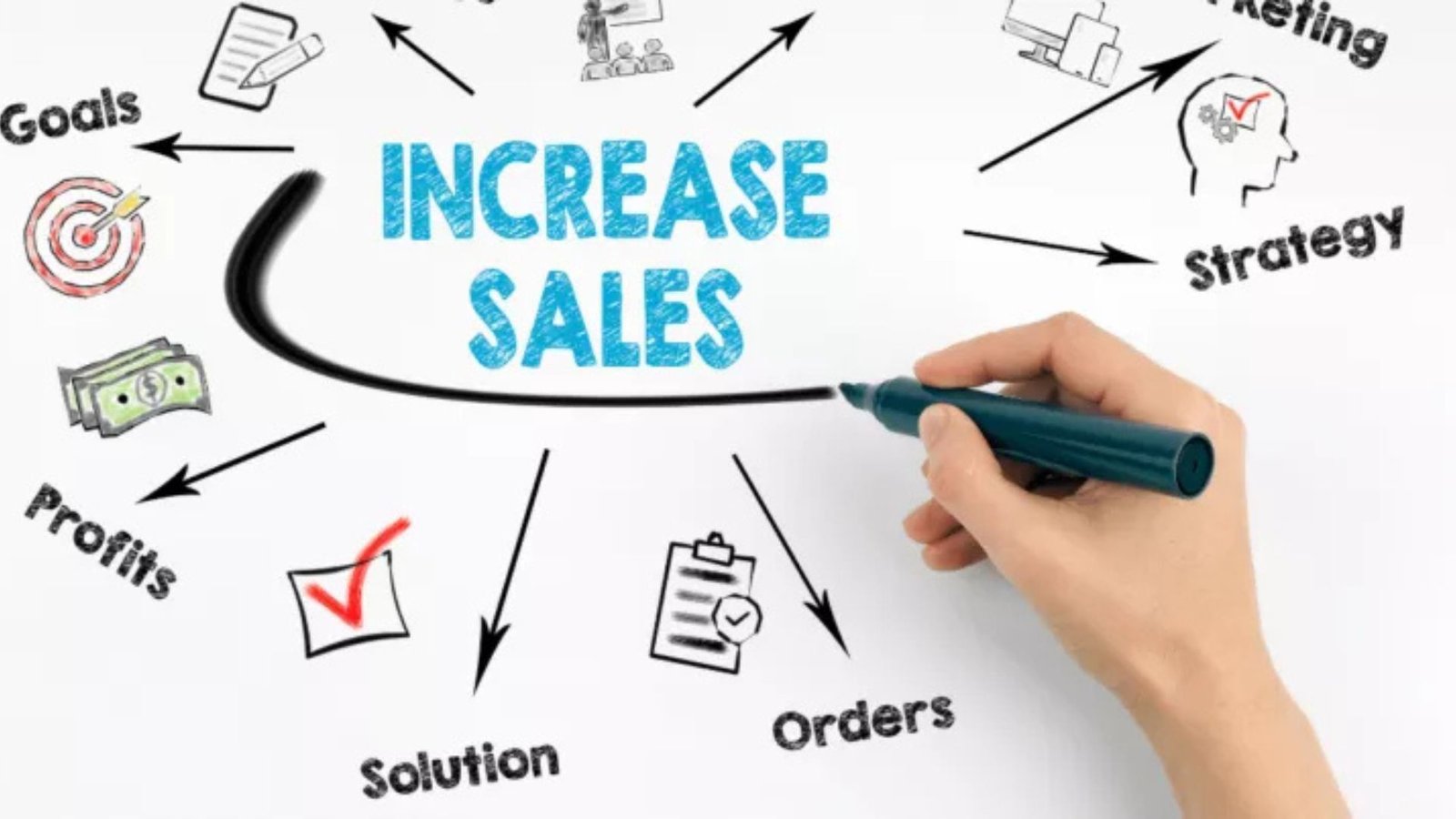In today’s competitive market, understanding how content marketing increases sales is essential for businesses of all sizes. Content marketing goes beyond traditional advertising by providing valuable information, addressing customer needs, and establishing trust. When executed strategically, it guides potential buyers through the sales funnel, turning prospects into loyal customers.

Building Awareness and Interest
The first step in increasing sales through content marketing is capturing attention. Content helps brands reach audiences who may not be familiar with their products or services. Effective strategies include:
-
Blog posts and articles: Answer common questions and provide helpful insights.
-
Social media posts: Share engaging content that encourages interaction.
-
Videos and tutorials: Demonstrate how products solve real problems.
By creating content that resonates with your target audience, businesses generate interest and attract potential buyers into their sales funnel.
Establishing Trust and Credibility
Trust is a critical factor in purchasing decisions. Content marketing increases sales by positioning a brand as a reliable authority in its industry. Businesses can build credibility through:
-
Case studies and testimonials: Show real results and satisfied customers.
-
Educational guides: Offer valuable insights without directly selling.
-
Consistent branding and messaging: Maintain a professional and trustworthy presence.
When potential customers trust a brand, they are more likely to make a purchase and remain loyal over time.
Nurturing Leads Through the Sales Funnel
Content marketing allows businesses to guide prospects through the buyer’s journey. Different types of content are effective at each stage:
-
Awareness stage: Blog posts, social media content, and videos introduce your brand.
-
Consideration stage: Ebooks, comparison guides, and webinars help prospects evaluate options.
-
Decision stage: Product demos, case studies, and detailed guides encourage purchase.
By delivering the right content at the right time, businesses can increase conversion rates and ultimately drive more sales.
Encouraging Engagement and Interaction
Engaged audiences are more likely to become paying customers. Content marketing increases sales by fostering interaction through:
-
Interactive content: Quizzes, polls, and surveys encourage participation.
-
Comments and discussions: Prompting conversations on blogs or social media builds community.
-
Email campaigns: Personalized messages provide relevant content to subscribers.
Engagement not only strengthens customer relationships but also encourages repeat visits, which can lead to more conversions.
Supporting SEO and Organic Traffic
Content marketing also boosts sales indirectly by improving search engine visibility. Optimized content attracts organic traffic from people actively searching for solutions. Effective tactics include:
-
Using relevant keywords naturally in blog posts and guides.
-
Linking to internal pages to guide visitors toward products.
-
Creating shareable content that attracts backlinks.
Increased visibility brings more potential buyers to your website, providing opportunities to convert them into customers.
Highlighting Product Benefits and Solutions
High-quality content clearly communicates how products or services solve customer problems. By addressing pain points and showing value, businesses can persuade prospects to purchase. Methods include:
-
Writing detailed product guides or tutorials.
-
Publishing success stories or case studies.
-
Demonstrating benefits through videos or visual content.
Highlighting real solutions helps potential customers see the tangible value of products, increasing sales likelihood.
Measuring Success and Improving Strategy
To ensure content marketing effectively increases sales, businesses must track key metrics. Monitoring performance allows for continuous improvement. Metrics to track include:
-
Website traffic and time spent on pages.
-
Engagement rates on social media and blog posts.
-
Lead generation and conversion rates.
Using these insights, companies can adjust strategies to maximize sales outcomes.
Conclusion
In conclusion, how content marketing increases sales is clear: it attracts attention, builds trust, nurtures leads, encourages engagement, supports SEO, and highlights product value. By providing valuable content strategically, businesses can guide prospects through the sales journey and convert them into loyal customers. Implementing a thoughtful content marketing plan ensures sustainable sales growth and strengthens brand presence in a competitive market.










